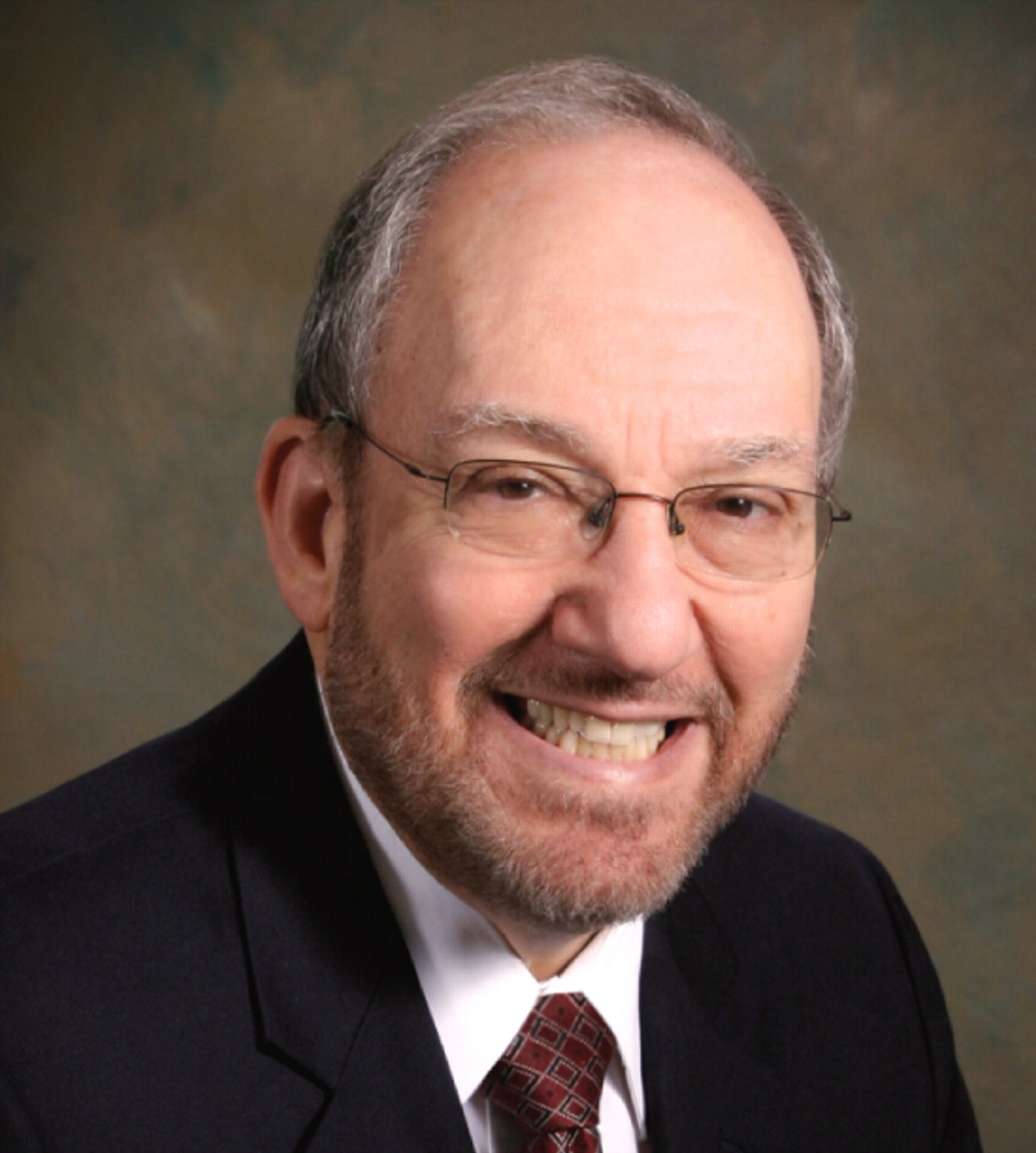At the conclusion of the annual meeting in May, I will complete my term as speaker of the Assembly. I have had the opportunity to visit all the Area meetings, most of them at least three times, over the past three years and have sat on the Board of Trustees and the Finance Committee. I have come to appreciate more than ever the vibrancy of APA, mainly through the dedicated members who spend a great deal of time throughout the year serving APA in various capacities and the great staff under the direction of our medical director.
We have so many outstanding psychiatrists who, in addition to treating their patients and working for their local mental health institutions, have chosen to collaborate on the national and local levels to serve our patients and our profession. Nowhere is that more clearly demonstrated than in the Assembly, where we come together representing every district branch plus MITs, ECPs, minority groups, and allied organizations. Not only are creative solutions offered here, but also there is passion in an open, democratic process. The Assembly representatives are an essential connection between local psychiatrists throughout the United States and Canada and the national efforts that originate at APA headquarters.
Based on my observations as an Assembly officer, I have concluded that the district branches can take on an even more important role in providing input to our APA and influencing the delivery and quality of mental health services. Most health care decisions that occur on a national level have implications on the state and local level. Similarly, observations, experiences, and data from district branches have significance for APA and the mental health movement in this country.
As the result of a joint meeting arranged by APA's president, Dr. Pedro Ruiz, between the APA Board of Trustees and the Board of Trustees of the National Alliance on Mental Illness (NAMI), I set up a program in which a district branch member will serve as a liaison with a local NAMI member. I suggested that there be discussion about the same agenda on which the two boards were dialoguing on the national level. This included the adequacy of mental health care for returning veterans, parity on both the national and state levels, problems with access to care, and other subjects. I also encouraged district branches to hold town-hall meetings to discuss these and other important mental health topics. I suggested that they invite the public and professionals in the community to “testify” before a panel of psychiatrists from the district branch. I believe that this is a method by which we can gain valuable information and data. We can demonstrate to our government leaders and the media that American psychiatry at all levels is involved and active. Several district branches are already planning to undertake this project.
This type of action can produce government response and public support as well as action papers in our Assembly. I would hope that someday this would be a hallmark of how APA functions.
We expect to see many important actions papers debated in our Assembly later this month in San Diego, with topics including increased access to treating veterans with PTSD, protection of children who testify in criminal procedures, information systems and technology in psychiatry, and the reoccurring question of the relationship between the Assembly and Board of Trustees. We have invited the president of Mental Health America, one of our coalition partners, to speak to us. We also will hear from the president of the Britain's Royal College of Psychiatrists about the pros and cons of the British system of mental health coverage. The discussion and debate on all subjects will be lively, passionate, heartfelt, and always in the best interest of our patients.
I want to thank all of the Assembly members for their support and the collegial atmosphere that they always provide. I also appreciate the work of Drs. Jeff Akaka and Ron Burd, my co-officers in the Assembly; Dr. Michael Pearce, my parliamentarian; and of course Lori Klinedinst, Margaret Dewar, Ardell Lockerman, and the other APA staff who work behind the scenes to make our Assembly and all of APA function as well as they do.
I know that the Assembly and APA will continue to be responsive to changing events, but we will always be a shining light in the support for mental health care. ▪

